Frog Pest Control Solutions
Frog pest control involves managing and reducing frog populations that may become nuisances or cause damage to property and landscaping. Frogs are attracted to areas with standing water, lush vegetation, and insect populations, which serve as their food source. Effective control measures focus on habitat modification, exclusion, and, when necessary, targeted removal.
Frogs thrive in moist environments with access to water bodies, such as ponds, marshes, or even puddles. Removing or managing these habitats can reduce frog populations.
Methods include habitat modification, barriers, and, in some cases, professional removal services to prevent frogs from entering certain areas.
Frogs are most active during warm, humid conditions and tend to breed in spring and summer when water sources are abundant.
While frogs can control insect populations, large numbers may pose issues for property owners, especially during breeding seasons.
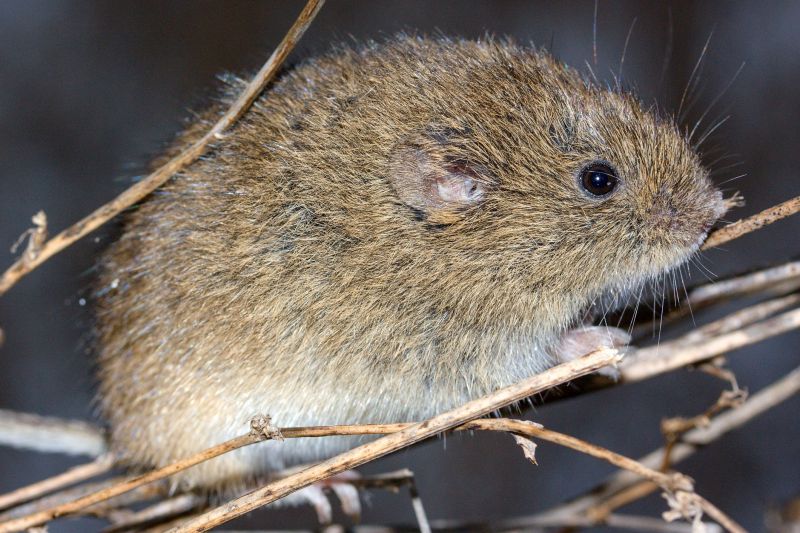
Ways to make Frog Pest Controls work in tight or awkward layouts.
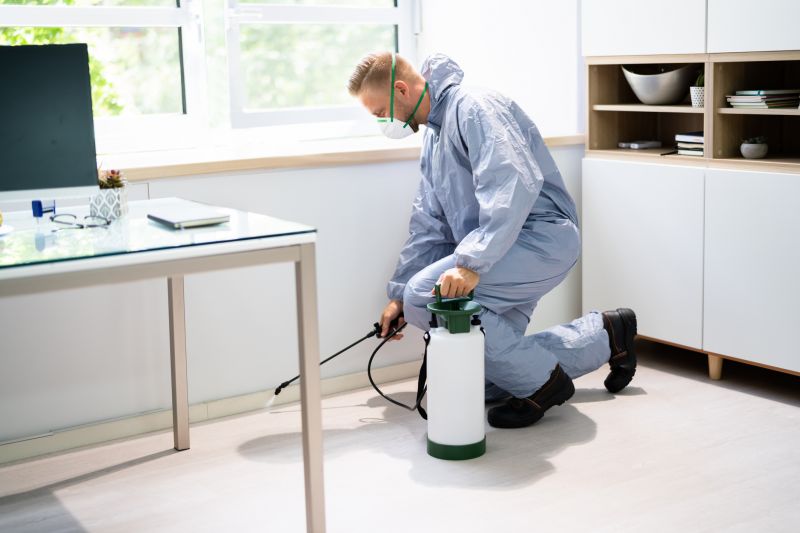
Popular materials for Frog Pest Controls and why they hold up over time.

Simple add-ons that improve Frog Pest Controls without blowing the budget.

High-end options that actually feel worth it for Frog Pest Controls.
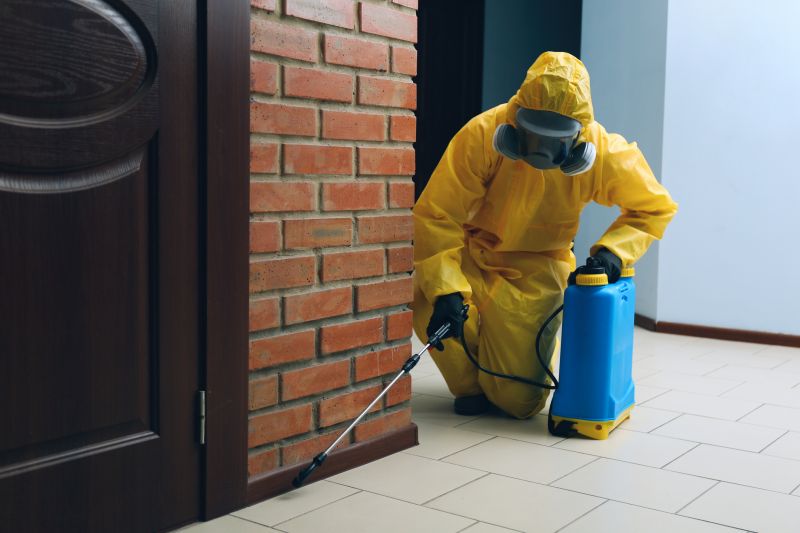
Finishes and colors that play nicely with Frog Pest Controls.

Little measurements that prevent headaches on Frog Pest Controls day.

A 60-second routine that keeps Frog Pest Controls looking new.
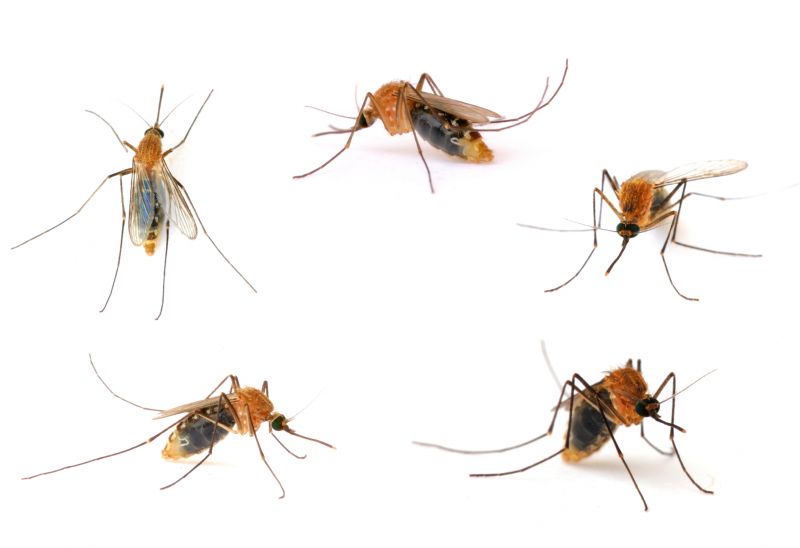
A frequent mistake in Frog Pest Controls and how to dodge it.

Small tweaks to make Frog Pest Controls safer and easier to use.
| Best Timing for Frog Pest Controls | Details |
|---|---|
| Spring | Frogs begin breeding and are most active, making control efforts effective. |
| Summer | Increased activity and breeding; habitat management can reduce populations. |
| Fall | Frog activity declines; control measures may be less necessary but can prevent early buildup. |
| Winter | Frog activity is minimal; this is an ideal time for habitat modification to prevent spring resurgence. |
| Post-Heavy Rainfall | Frogs are attracted to newly formed water sources; timely action can prevent establishment. |
Frog pest control is most effective when timed with their breeding and activity cycles. During spring and early summer, frogs are actively breeding and dispersing, making it easier to implement control measures. Habitat modification, such as draining standing water and removing dense vegetation, can significantly reduce frog populations. In colder months, frog activity diminishes, providing an optimal window for habitat alterations to prevent future infestations.
Statistics indicate that managing frog populations proactively can decrease their presence by up to 70% in targeted areas. Understanding their breeding patterns and preferred habitats allows for more strategic control efforts, minimizing the need for chemical interventions. Proper timing and habitat management are crucial for effective frog pest control and maintaining a balanced landscape.

Lower-waste or water-saving choices for Frog Pest Controls.
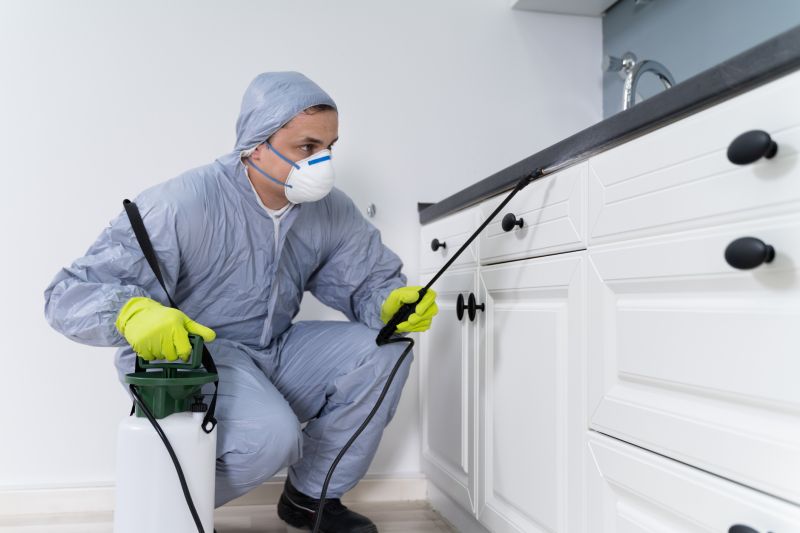
The short, realistic tool list for quality Frog Pest Controls.
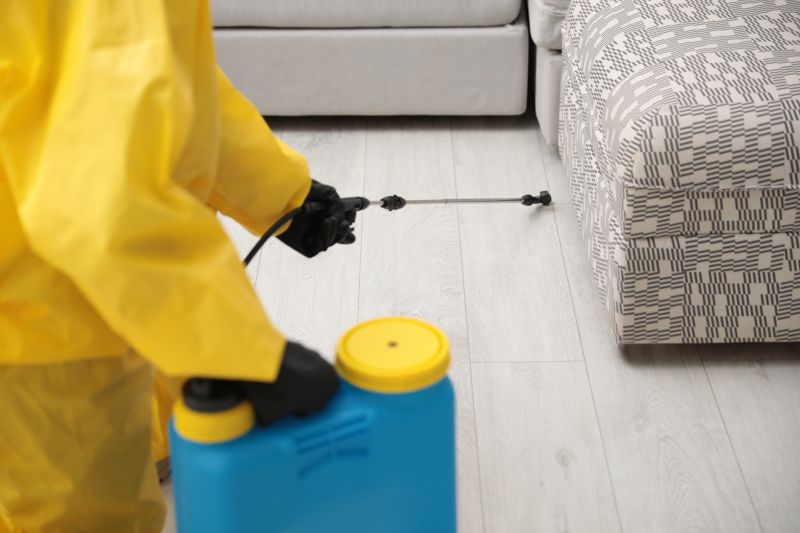
Rough timing from prep to clean-up for Frog Pest Controls.
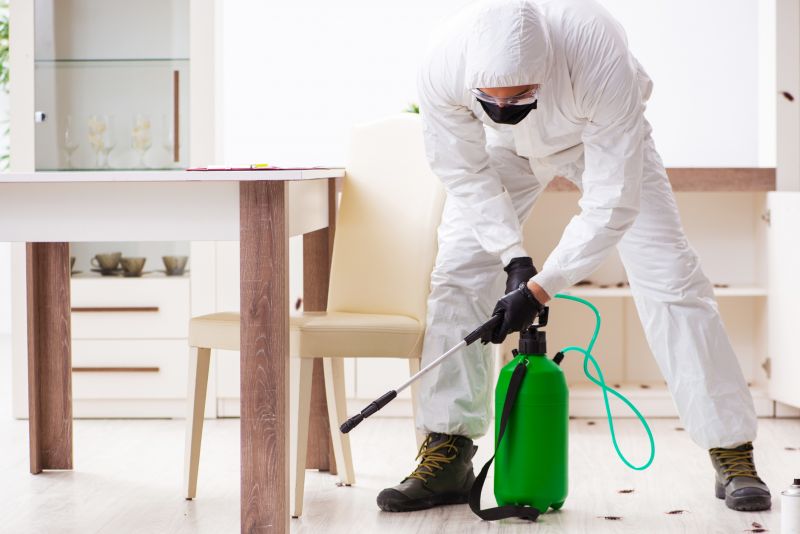
Quick checks and paperwork to keep after Frog Pest Controls.
Individuals interested in controlling frog populations are encouraged to contact for tailored advice and solutions. Proper timing and habitat management can effectively reduce frog presence, leading to more comfortable outdoor spaces and protected landscapes.
